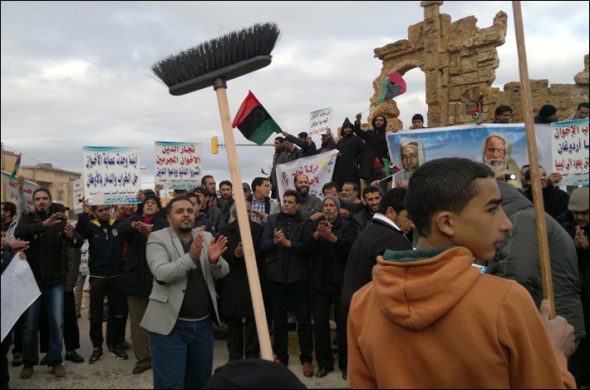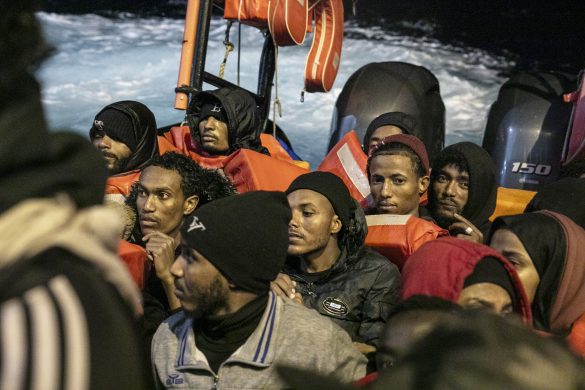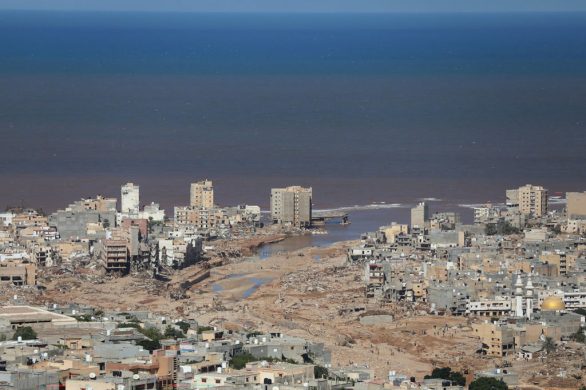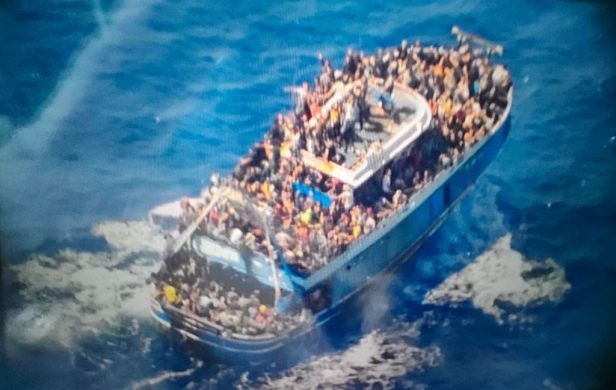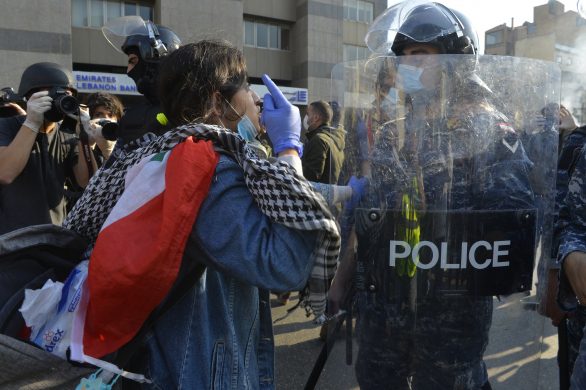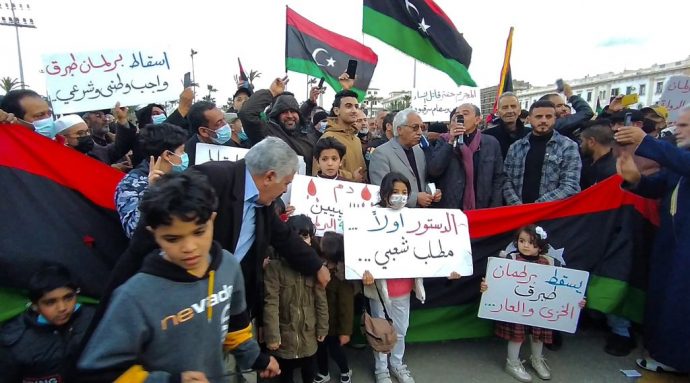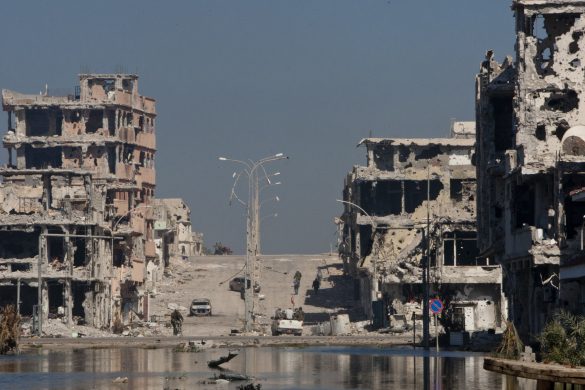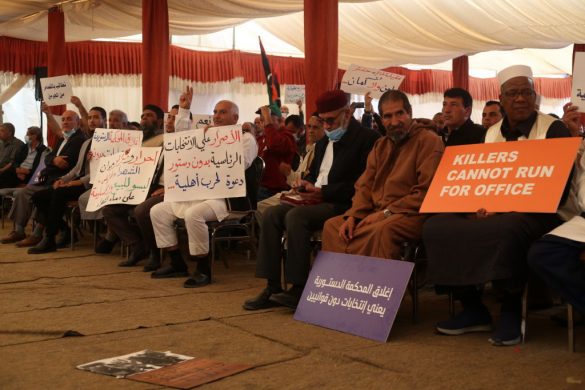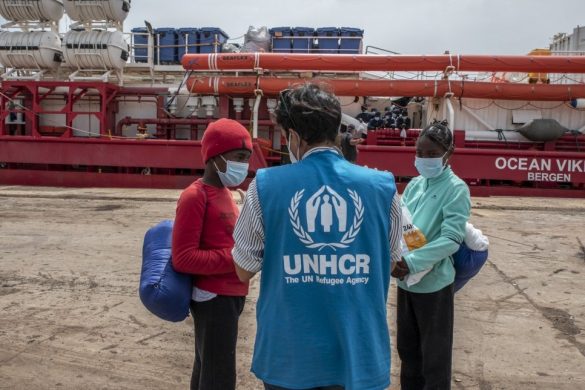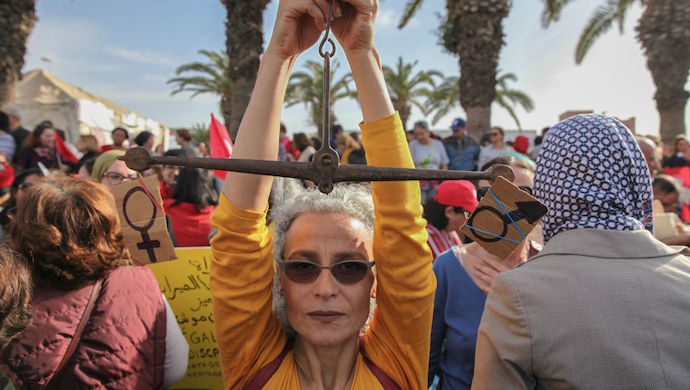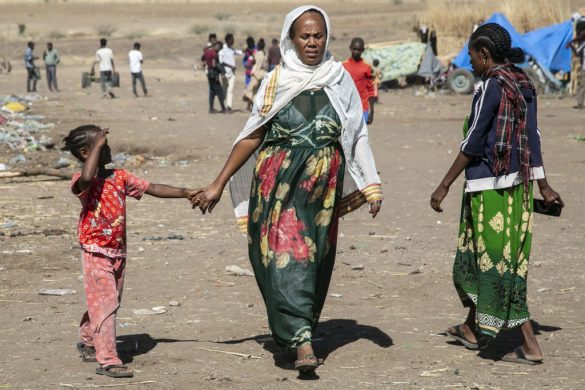Humanitarian situation
Due to the day-to-day hardships of life under ISIL, many civilians are sheltering in schools, universities and public buildings, with the number of displaced persons reaching a staggering 435,000, Mr. Kobler explained.
Political developments
Stressing that all this is the consequence of the continued lack of State authority in most parts of the country, the UN envoy highlighted that next week marks six months since the December signing of the Libyan Political Agreement .
But Mr. Kobler underlined how it has been almost five months since the Presidency Council submitted a revised proposal for the Government of National Accord cabinet, and Libya is still without a formally endorsed Government:
Six point proposal
First, that the Libyan Political Agreement as signed in Skhirat on 17 December and subsequently endorsed by the House of Representatives on 25 January remains the sole legitimate framework for managing the remainder of Libya's political transition until a permanent constitution is adopted.
Military situation
Turning to the military situation, Mr. Kobler said there was considerable progress over the last days and weeks in the fight against ISIL.
Thanking the Council for its close engagement on Libya and support for a political resolution there, Mr. Kobler stressed the urgent need for UNSMIL to re-establish its presence in Libya.
In conclusion he said it is essential for UNSMIL to be on the ground and ready to meet the immediate needs and priorities of the Libyans.

